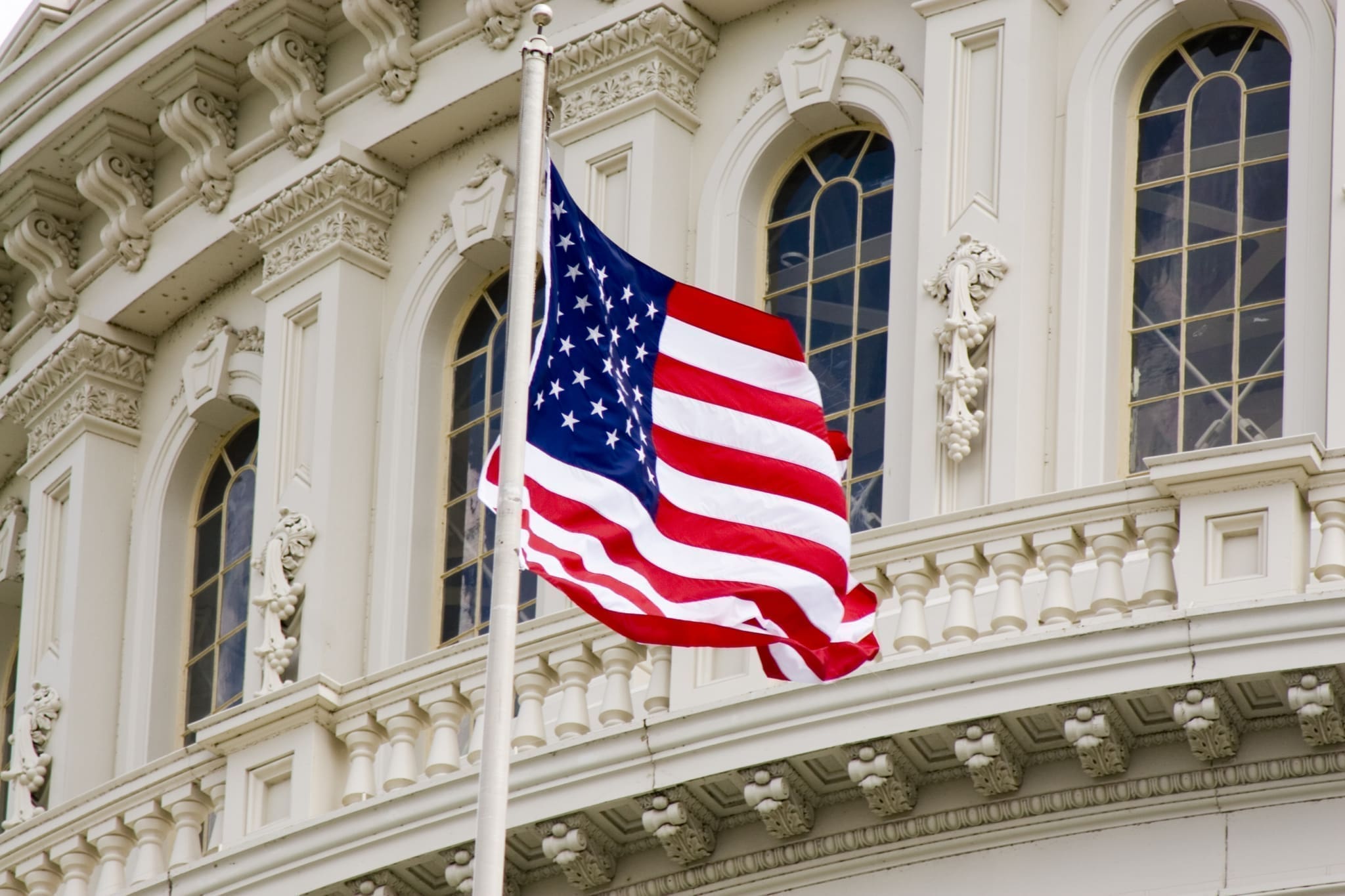
NACDS is applauding today the introduction of bipartisan legislation in the U.S. Senate (S. 2477 – the Equitable Community Access to Pharmacist Services Act) that would help maintain the post-pandemic pharmacy access that Americans rely on and expect. Critically, S. 2477 would establish the reliable Medicare payment mechanisms that are part of the necessary infrastructure for pharmacy services.
S.2477 is the Senate companion to H.R. 1770 – bipartisan legislation introduced in March 2023 in the U.S. House of Representatives by Congressman Adrian Smith (R-NE), Congressman Brad Schneider (D-IL), Congressman Larry Bucshon (R-IN), and Congresswoman Doris Matsui (D-CA), and pharmacist Members Earl L. “Buddy” Carter (R-GA), and Diana Harshbarger (R-TN).
Nearly 200 organizations, including rural and senior advocacy groups, physician and provider groups, patient advocacy organizations, pharmacists, and health systems support the legislation.
NACDS President and CEO Steven C. Anderson said of the news: “We appreciate the strong bipartisan leadership of Senators John Thune (R-SD) and Mark Warner (D-VA), and their commitment to the seniors who rely on timely and consistent care from their pharmacies, including services to combat COVID-19, influenza, RSV, and strep throat. Introduction in the U.S. Senate of the bipartisan S. 2477 is a critical step for vulnerable Americans, and for the pharmacies on which they rely.
“Pharmacies remain the most accessible healthcare destinations, existing within five miles of nearly every American. Helping to ensure this access endures is essential — and is an important lesson learned from the COVID-19 pandemic, during which pharmacies and pharmacy teams stepped up to deliver equitable care to patients nationwide.”
Notably, a poll by Morning Consult, commissioned by NACDS and conducted December 7-12, 2022, found that 86 percent of adults – and an amazing 96 percent of those 65 years and older – say it is “very easy” or “somewhat easy” to access pharmacies – making them the most accessible healthcare destination tested.